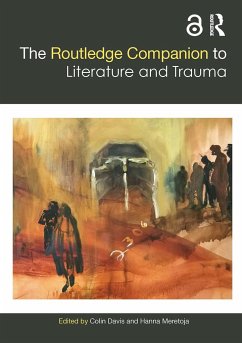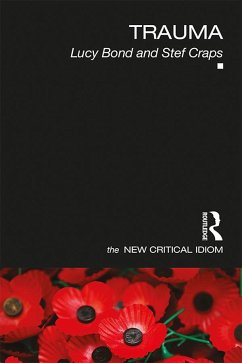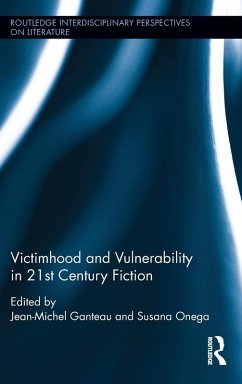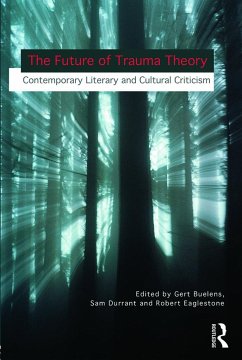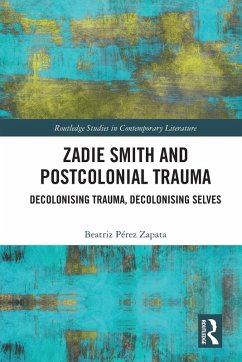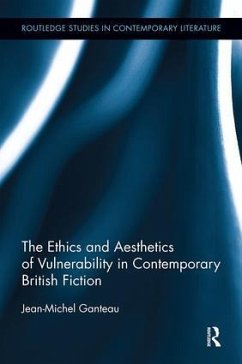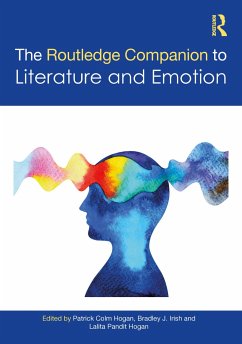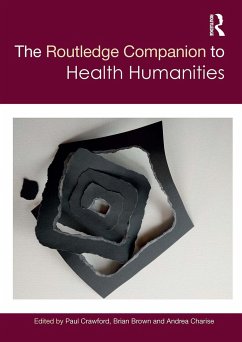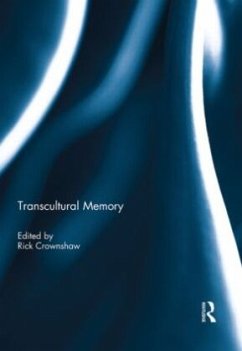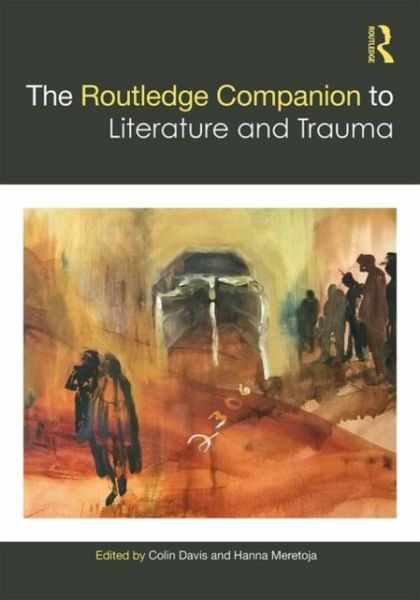
The Routledge Companion to Literature and Trauma
Versandkostenfrei!
Versandfertig in 6-10 Tagen
246,99 €
inkl. MwSt.
Weitere Ausgaben:

PAYBACK Punkte
123 °P sammeln!
Literary trauma studies is a rapidly developing field which examines how literature deals with the personal and cultural aspects of trauma and engages with such historical and current phenomena as the Holocaust and other genocides, 9/11, climate catastrophe or the still unsettled legacy of colonialism.The Routledge Companion to Literature and Traumais a comprehensive guide to the history and theory of trauma studies, including key concepts, consideration of critical perspectives and discussion of future developments. It also explores different genres and media, such as poetry, life-writing, gr...
Literary trauma studies is a rapidly developing field which examines how literature deals with the personal and cultural aspects of trauma and engages with such historical and current phenomena as the Holocaust and other genocides, 9/11, climate catastrophe or the still unsettled legacy of colonialism.
The Routledge Companion to Literature and Trauma
is a comprehensive guide to the history and theory of trauma studies, including key concepts, consideration of critical perspectives and discussion of future developments. It also explores different genres and media, such as poetry, life-writing, graphic narratives, photography and post-apocalyptic fiction, and analyses how literature engages with particular traumatic situations and events, such as the Holocaust, the Occupation of France, the Rwandan genocide, Hurricane Katrina and transgenerational nuclear trauma.
Forty essays from top thinkers in the field demonstrate the range and vitality of trauma studies as it has been used to further the understanding of literature and other cultural forms across the world.
Chapter 2 of this book is freely available as a downloadable Open Access PDF at http://www.taylorfrancis.com under a Creative Commons Attribution-Non Commercial-No Derivatives (CC-BY-NC-ND) 4.0 license.
The Routledge Companion to Literature and Trauma
is a comprehensive guide to the history and theory of trauma studies, including key concepts, consideration of critical perspectives and discussion of future developments. It also explores different genres and media, such as poetry, life-writing, graphic narratives, photography and post-apocalyptic fiction, and analyses how literature engages with particular traumatic situations and events, such as the Holocaust, the Occupation of France, the Rwandan genocide, Hurricane Katrina and transgenerational nuclear trauma.
Forty essays from top thinkers in the field demonstrate the range and vitality of trauma studies as it has been used to further the understanding of literature and other cultural forms across the world.
Chapter 2 of this book is freely available as a downloadable Open Access PDF at http://www.taylorfrancis.com under a Creative Commons Attribution-Non Commercial-No Derivatives (CC-BY-NC-ND) 4.0 license.




